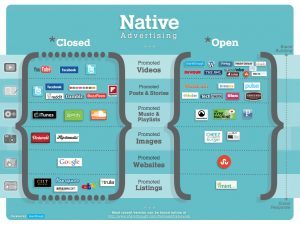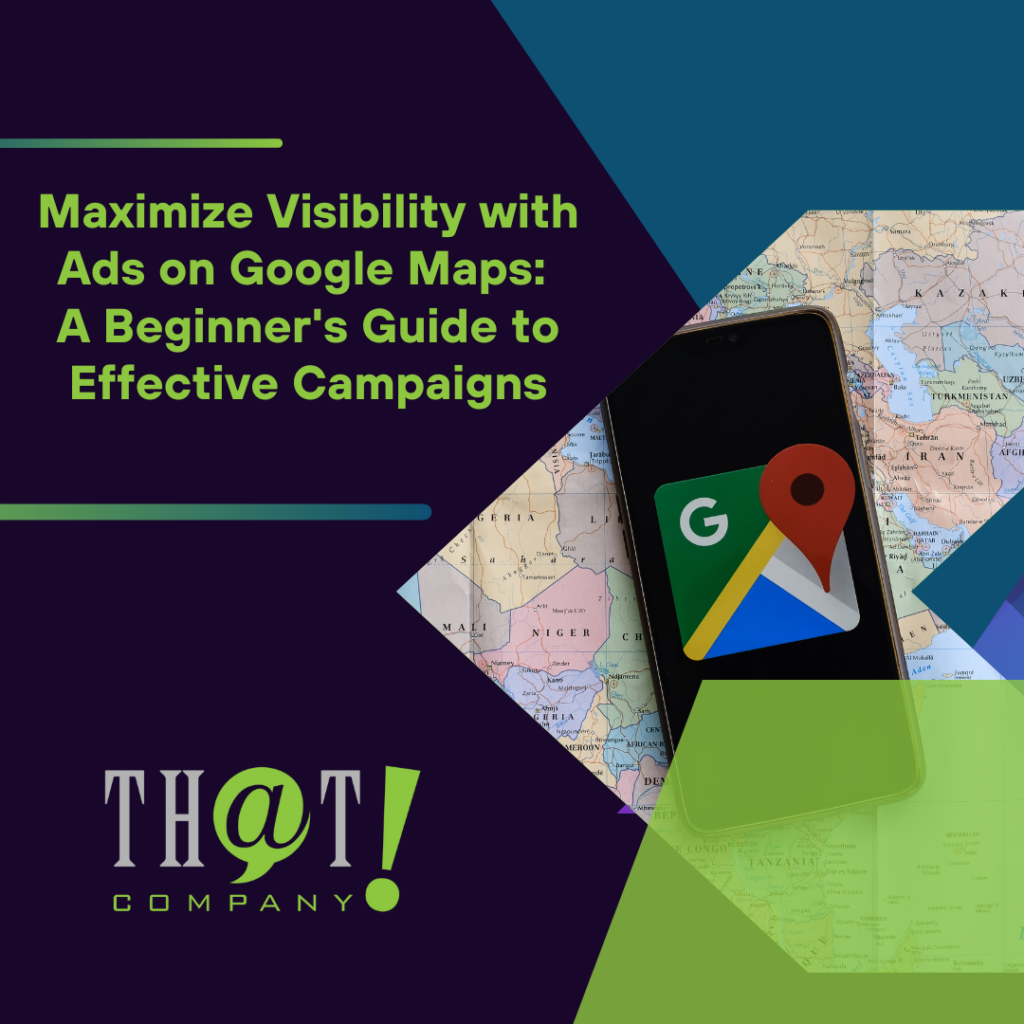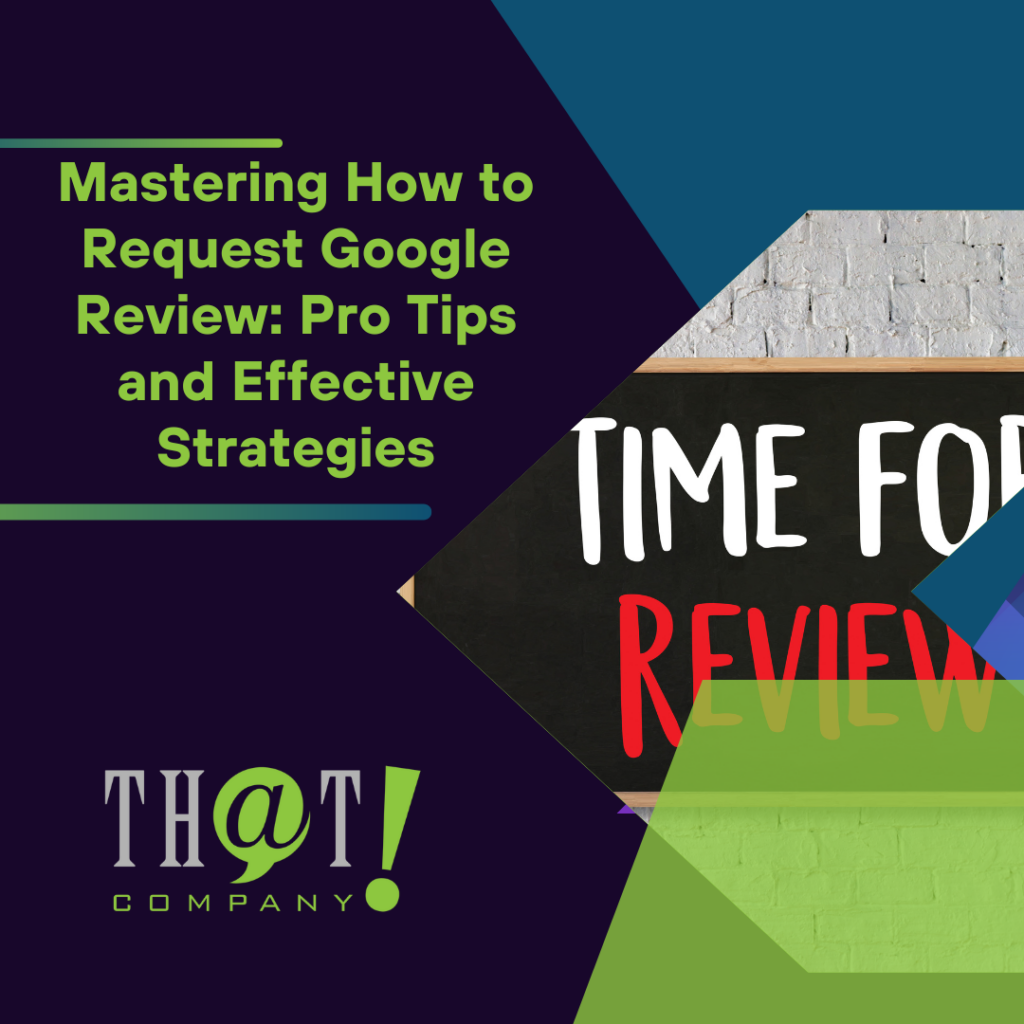
Native advertising may be the way of the future, but what exactly is native advertising? Essentially, it is a form of “disguised” advertising, often online, which is specifically designed to adopt the same form and function of the location where it is found. For example, it might be an article or video created to promote a certain product or service—but it is designed to specifically match the look and style of other content or material seen surrounding the ad. The term “native” is in reference to the ad’s ability to conform to that design and style of the ad’s surrounding content.
Understanding Native Advertising
Believe it or not, native advertising is everywhere today! From TV shows and ads, to web pages, to a sponsored publication, to specific marketing messages, to the apps you browse on your phone, you may just be looking at native advertising. So what kinds of ways could we possibly see native advertising? Let’s take a closer look at how native advertising appears. For example, you might see a short promotional video for athletic shoes on a website that focuses on professional athlete training. Or you might see the impact of modernization in the workplace through a magazine ad within a software solution article. Or you might see a mobile infographic about smart appliances in your home, while visiting a home improvement store online.
The point is that native advertising is among many things you see and interact with every day. That being said, it’s no surprise that native advertising is proving to be extremely effective when it comes to engaging more people and potential customers. It seems that native advertising is surpassing the efforts of traditional and even newer types of advertising. The biggest reason beyond why this is the case is because native advertising does not disrupt the natural flow of the user’s viewing or listening experience. Native advertising is proving to be far more seamless in its application than other forms of advertising. This is why native advertising is anticipated to increase among marketers in the United States, with the projection of up to $21 billion being spent on it by 2018, according to Business Insider.
Digital Advertising Gone Native
Many may like what native advertising has to offer because it offers promotion without intrusion. In essence, an ad will appear right alongside content that a user is already consuming and expressing an interest in. This makes it much easier for an ad to draw (and keep) the attention of a potential customer by providing them with content that is relevant to their experience. Let’s look at sponsored or promoted content on social media, for example. A promoted tweet on Twitter, an Instagram Ad on Instagram, or a Sponsored ad on your LinkedIn feed all take on the format for sponsored messages, which will equally meet the needs of you as the consumer (for your interest), the publisher (for a product/service) and the marketer (for conversion), without standing out as an annoying and misplaced ad.
That! Company is the word leader in White Label Digital Marketing. We deliver results for agencies large and small world-wide. Get answers to the question:What is White Label? and more about the services we provide. We can help you achieve the results you deserve today!
So how does this shape the future of digital advertising? Let’s take a closer look at some very useful ways that it can. First of all, technology is growing leaps and bounds when it comes to consumer buying. Now, technology is starting to allow the programmatic buying of native advertising. This not only allows in-feed advertising to reach a targeted audience on social networks, it will also allow the capability to do so on various publisher websites across the Web. With effectively placed native ads, you’ll be able to strengthen your reach significantly. Research conducted by IPG Media Lab and Sharethrough shows that people are far more likely to share native ads than banner ads.
Native advertising is growing so rapidly in online paid marketing, it may not even be referred to as “native advertising” in the near future. We may just refer to them online ads since they are the future of online advertising. On top of that the in-feed format is changing. Social platforms such as Buzzfeed have adopted the native format of in-feed advertising and traditional publishers are not far behind. In fact, the in-feed format is particularly growing, especially on mobile devices. According to the Interactive Advertising Bureau (IAB), there are six identifiable types of native advertising out there now. These are: in-feed units, promoted listings, paid search units, standard ads with “native” element units, recommendation widgets, and custom native ads. You can expect to see much more of these in the future.
The Power of Native Advertising
According to a recent case study, conducted by the digital media management source NewsCred, their own marketing efforts generated over $17 per every dollar spent with LinkedIn Sponsored Content. This revenue figure shows that Sponsored Content in fact drove leads, boosted brand awareness, and even beat Google AdWords’ numbers. Data for the study was collected from prospects that provided names, and email addresses when driven by 20 separate pieces of LinkedIn Sponsored Content. A great deal of this was promoted by NewsCred content, like white papers. It would appear that this method was a success. NewsCred also shared that approximately 60-65% of the names generated from the Sponsored Content were higher quality names, coming in as much as two or three times better quality than those from Adwords. To put this into a numbers perspective by comparison, Google Adwords generated just $3.10 for each dollar spent while Sponsored Content drove $17.60 per every dollar spent. It is without a doubt that there is certainly some real power behind Sponsored Content.
It is clear to see that Native advertising will be very promising for the future. When it comes to offering up the right (and relevant) content to the right audience, this is where it’s at. To stay ahead you should also keep track of your success by monitoring the number of shares as well as engagement you get from your content. If the right folks share and continue to share your content, you are in a great place, thanks to Native advertising.

























